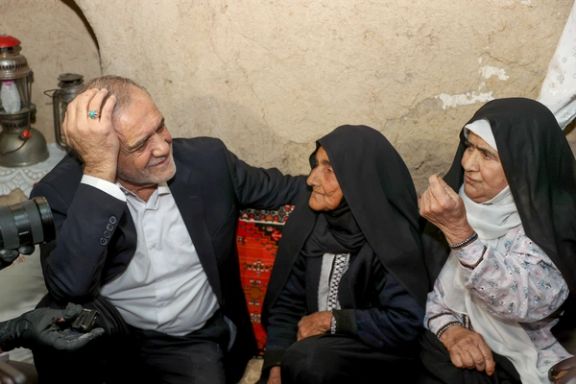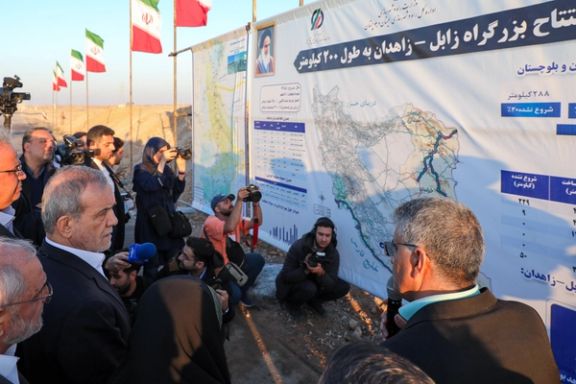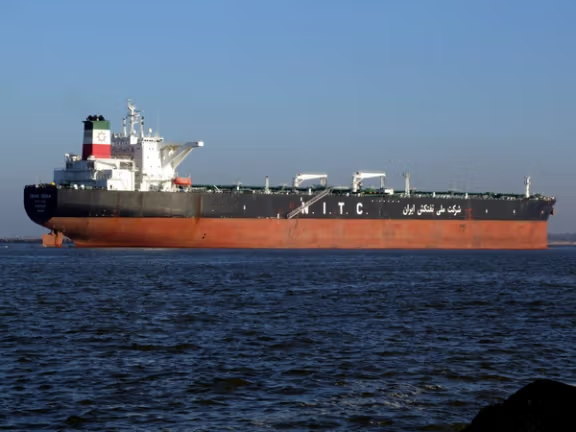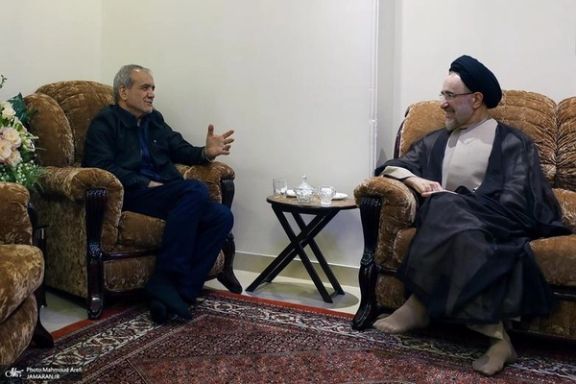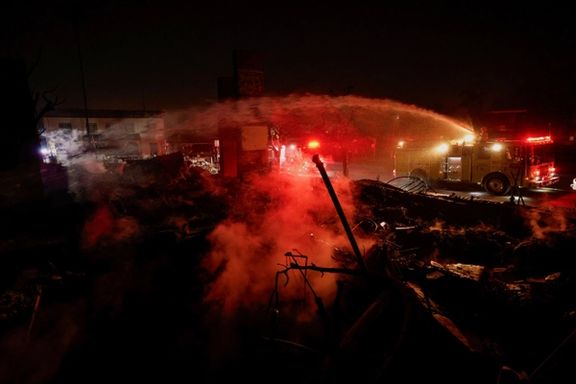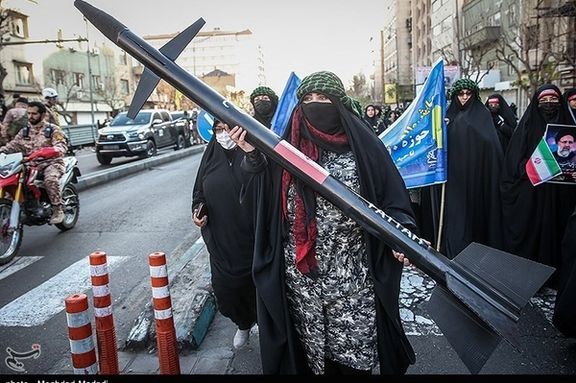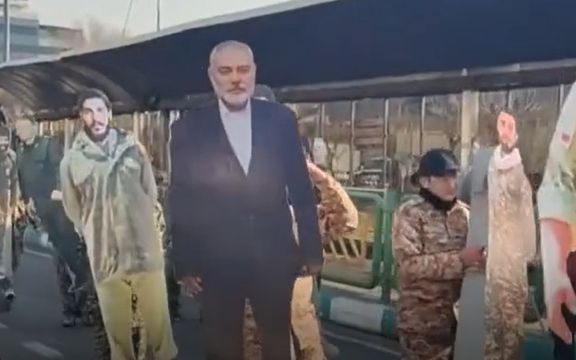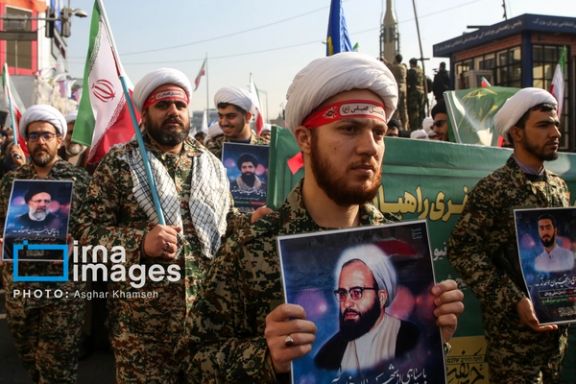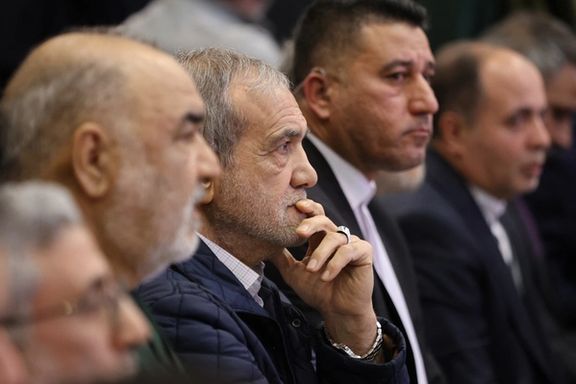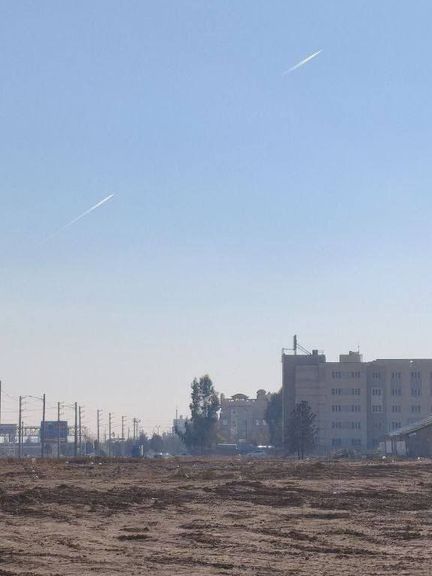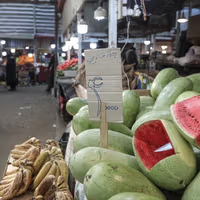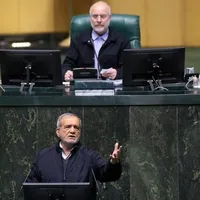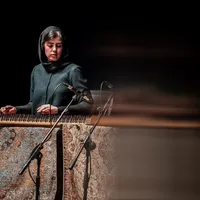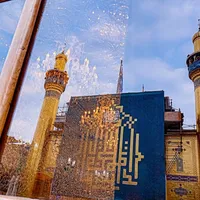On the eighth anniversary of former President Akbar Hashemi Rafsanjani's death, his family inaugurated a charity cancer center in Tehran. The facility, built in Hashemi Rafsanjani's memory, was launched during a high-profile ceremony attended by numerous political and public figures, including former President Hassan Rouhani. However, Mohammad Khatami's absence was conspicuous.
In her speech at the event, Hashemi-Rafsanjani's daughter, Fatemeh Hashemi, revealed that Khatami “was not given permission” to attend the ceremony. It remains unclear which security agency or authority made this decision. Reformists argue that while Pezeshkian may not bear direct responsibility, he should challenge the higher powers responsible for the ban.
Reformist politician Zahra Bahramnejad told the media that despite Pezeshkian’s efforts to involve a broader range of political forces loyal to the Islamic Republic in governance, certain power structures and influential elites continue to resist political unity.
In Iranian political discourse, terms like “highest officials of the system” often refer to Supreme Leader Ali Khamenei, who exerts significant influence over critical decisions in the country.
Many believe Khamenei approved Pezeshkian’s candidacy in the July elections to boost voter turnout amid expectations of low engagement. Pezeshkian has acknowledged that without Khamenei’s support, the Guardian Council would not have cleared him to run.
Reformists push for a greater role in governance
Reformists have called on Pezeshkian to address the obstruction of his efforts to foster national unity, a promise he has frequently emphasized as the only path to “saving Iran”.
Although Pezeshkian identifies himself as a Reformist, his so-called "Government of Unity" includes several figures from the rival hardline camp and only a handful of Reformists.
Banning Khatami from attending the ceremony coincided with a conference on “national unity” elsewhere in Tehran that Pezeshkian addressed on the same day.
This contradiction, Reformist politician Mohammad-Ali Abtahi argued in a social media post, highlights the challenges of achieving unity among the country’s top political factions.
Abtahi, who served as vice president under Khatami, emphasized the symbolic importance of Khatami’s continued exclusion from Iran's political sphere by hardliners.
“What can one say about unity when conditions are so restricted and doors so closed that the presence of the country’s most influential and popular political figure … at such a ceremony is not permitted?” Ebrahim Ansari-Lari, a former governor general during Khatami’s presidency asked in a note he sent to the media following the incident.
In his note, Ansari-Lari also criticized Pezeshkian for “saying the same things as usual” in his address to the conference and "leaving without ever mentioning the incident or showing a sign of discontent.”
Pezeshkian and Khatami’s relationship
Pezeshkian served as health minister during Khatami’s presidency (1997-2005) and has consistently expressed respect for the former president. Khatami played a significant role in supporting Pezeshkian during the election, with the Reformist Front rallying behind his candidacy.
After the elections, Khatami visited Pezeshkian at his home. In an extremely rare move, the state-run television which for nearly two decades had never shown Khatami’s image, unless in a negative light.
The state television’s brief report sparked hope among reformists that the severe restrictions imposed on Khatami might be removed, or at least somehow relaxed, under Pezeshkian's administration.
In a highly symbolic gesture, Pezeshkian reciprocated the visit, inviting Khatami to the presidential office for the first time in 19 years for a meeting. Iranian media reported that Pezeshkian and Khatami discussed the newly elected president’s cabinet makeup during the meeting that lasted over an hour and a half.
Restrictions on Khatami
Unlike presidential candidate Mir-Hossein Mousavi, his wife Zahra Rahnavard, who were placed under house arrest following the disputed 2009 elections which reinstated Mahmoud Ahmadinejad as president, Khatami faced severe restrictions without formal confinement, after the 2009 popular protests against the election results.
A vocal supporter of Mousavi’s candidacy, Khatami has been barred from attending public events and traveling since then, not only internationally, but also domestically.
In 2010, Iranian media reported that Khatami was prevented from leaving the country to attend a nuclear disarmament conference in Hiroshima, Japan. Former President Mahmoud Ahmadinejad denied involvement in the travel ban.
Domestic travel restrictions appeared to have been somehow relaxed in late October when after fifteen years, Khatami was allowed to travel to Yazd, the capital of his home province, and to speak to the members of the public in a few places he visited.
